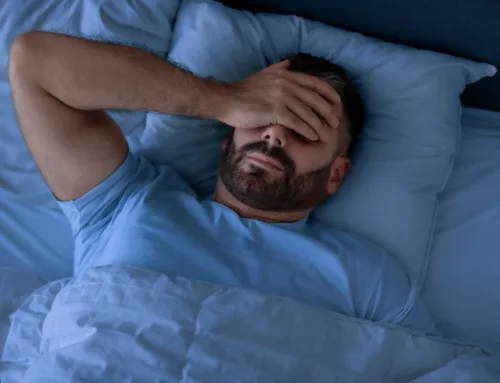Taking Steps to Manage Dual Diagnosis During Alcohol Treatment
Have you ever taken your car to the mechanic to diagnose an unusual noise and then end up leaving the appointment with the knowledge that more than one thing is wrong with your vehicle? It’s a frustrating moment to experience, but even though there might be multiple problems present, you’re assured by the mechanic that with a little time and some newly installed parts, your car will be up and running again as smoothly as ever.
Oddly enough, this can be a metaphor for life> The old adage, “When it rains, it pours,” feels true more often than we would like. But the rain always stops, the solution is always presented, and the right way to solve the problem always becomes apparent sooner or later.
Sometimes certain mental disorders, such as depression, anxiety or BPD, present themselves when an individual is undergoing treatment for another mental health issue, for example, substance use disorder. It’s termed “dual diagnosis”, and though it’s completely possible to treat, it takes time and effort to treat and address both diagnoses.
What is dual diagnosis?
Dual diagnosis is the diagnosis of an individual struggling with substance use and a co-occurring mental health condition, or vice versa. Certain situations, such as the altering of the brain from the dangerous chemicals, can give rise to mental conditions not previously present. It is likely that the presence of one disorder will worsen the other disorder.
For example, an individual might turn to drugs or alcohol to numb the effects felt by anxiety, depression or bipolar disorder. On the other hand, a drug user might discover that cannabis use worsens their schizophrenia. Regardless of which comes first, it’s important to note that self-medicating one’s mental health condition is dangerous and frequently worsens the issue.
Certain mental health disorders are more likely to co-occur with substance use disorder, including:
- Depression
- Anxiety
- Schizophrenia
- Eating disorder
- Attention hyper deficit disorder (ADHD)
- Borderline personality disorder (BPD)
- Bipolar disorder
- Post-traumatic stress disorder (PTSD)
- Obsessive-compulsive disorder (OCD)
Just because someone struggles with substance use disorder, does not mean they’re guaranteed to also struggle with one or more of these mental disorders. However, struggling with substance abuse predisposes an individual to develop a mental health condition as drugs and alcohol rewire the brain and therefore inflict damage in areas crucial to normal, healthy brain functioning.
What do I do with dual diagnosis?
If you’ve been diagnosed with dual diagnosis, it’s absolutely okay. Many individuals suffer and recover from dual diagnoses every year. It’s not uncommon to be in the process of looking at one problem only to find a co-occurring one also present. While it offers challenges to the typical recovery track, these challenges aren’t insurmountable.
Up until recently, it was believed that co-occurring mental illnesses and substance abuse need to be treated separately, or that one could be treated and the other would subside. This sort of treatment wasn’t effective in healing the individual, as both disorders need to be handled to effectively bring about healing. In fact, relapse risk is much higher when only one condition is treated and the other is left untouched.
Dual diagnosis treatment
Because treating the entirety of the diagnosis – both the substance abuse and the mental disorder – is so important to a full recovery, taking the time to find the right treatment center equipped to undertake such a task is a vital first step.
Treatment is oftentimes difficult. Sometimes it’s challenging to find the root of the problem in dual diagnosis, as therapists might have difficulty determining if certain behaviors are stemming from one or the other disorder. However, this is why it’s important to reach out to treatment centers experienced in handling dual diagnosis. Not only will they work with you to help you understand the complicated condition, but they will walk you through the treatment of both conditions to provide the optimal chance at recovery.
Freedom Detox strives to offer just this kind of environment to its clients. It is understood that after the body has been detoxed from drugs and/or alcohol, the mind needs to be detoxed as well. Through thoughtful counseling and compassionate therapy, clients are able to work their way towards complete and total healing from dual diagnosis.
If you’re concerned about dual diagnosis and are looking for treatment, reach out to Freedom Detox today at (800) 475-2312.










